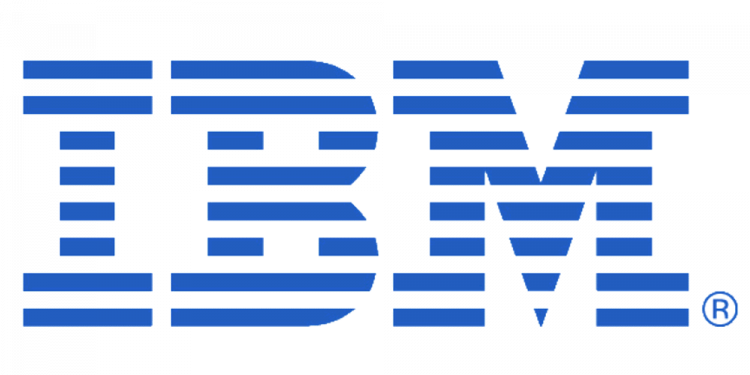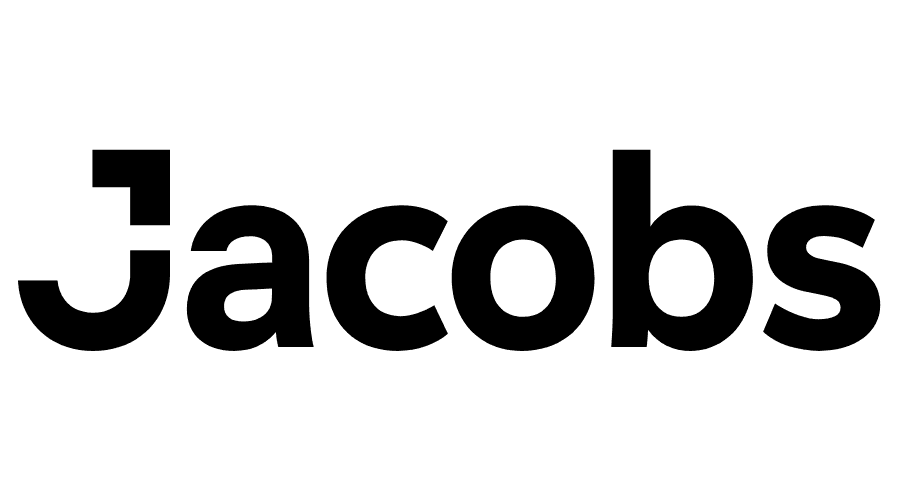I organised a delegation to visit startups, corporate innovation hubs and venture capital investors in Silicon Valley at the end of 2018. Over three days, myself and my guests, CEOs, CIOs/CTOs and other C-level executives, visited 11 organisations including Apple, Square, Microsoft, BNY Mellon, SAP, Fidelity and Silicon Valley Bank. Here are some of the things I took away from the trip…
- War for talent
The dense environment of tech firms in Silicon Valley forces all the companies that are based there to constantly come up with more and more attractive offers to attract and retain talent. Coders are in high demand. Facebook was paying graduates a starting salary of $160k! Personalising job offers is key and graduates face several choices. Large organisations offer high salaries, stability and status. Startups can lure in graduates with dynamic environments and equity however they are a riskier choice.
- Attitude to risk
Entrepreneurs in Silicon Valley wear failure as a badge of honour. One entrepreneur talked about how he failed multiple times and how much he learnt from these failures.
One CIO we visited added “big companies lose ability to innovate because they don’t take risks”. Failing as fast as you can identifies what’s not working quickly. Knowing how something shouldn’t be done helps you know how to do it.
- Strong mission
Increasingly people want to work for companies that add value to society not just make money. The startups I met had strong socioeconomic and environmental missions. They use these goals as a key recruitment tool particularly as they can’t compete with large organisations when it comes to compensation and benefits.
Square, a payments company, told our delegation that they enable ‘economic empowerment’. The explanation of why they exist is simple yet powerful – “We believe everyone should be able to participate and thrive in the economy.”
- The abundance of capital
Raising money in Silicon Valley seems to be much easier than in the UK. Some entrepreneurs told us how they received large investments purely based on an idea they had. They didn’t have to prove the concept first. In the UK founders find it harder to secure investment for ‘unproven’ products or services. At the same time the investment horizon in Silicon Valley is 7-10 years. In Europe it tends to be shorter.
Who your investors are is important! Having investors that have founded successful companies gives startups a strong vote of confidence and helps with further funding rounds.
- Solving real problems
Travis Hedge founded Vouch, which provides insurance for startups, because he realised entrepreneurs are frustrated by current business insurance processes. Insurance is not high on the agenda when entrepreneurs set up a company and the processes are lengthy and complex. Travis found a way to solve this problem and focused on simplicity and speed.
- Pivot whenever necessary
Some of the companies I met didn’t set out to do what they are doing today. In the early stage of their journey they would constantly ‘test, learn, pivot, test again’ and restart the process.
Samsung started as a provincial vegetable and dried-fish shop in 1938. The conglomerate turned from fertilisers to semiconductors and is now the world’s biggest seller of smartphones, TVs and chips. Not bad for a veggie shop!
- Independent VC arms
Some of the corporates I met were candid about their confidence to continue to stay at the top. As such they have built Venture Capital arms to invest in the next ideas that are going to keep them successful. To do this well, the VC arm should be completely independent and investment decisions are autonomous from the parent company.
- Continuous commitment to learning
Most of the people I met in Silicon Valley were keen to see what the UK delegates can share with them as well. They were curious about other industries, the challenges they face and how are they looking to solve them. It strikes me that they are genuine about wanting to learn from others that may not have a direct benefit to their current business or industry.
- Agile practices
Large organisations are seldom described as agile. However, some are able to implement agile processes in specific areas of the business. For example, BNY Melon created a best practice streamline agreement to ensure the acquisition and partnership teams can work with startups whilst continuing to abide by legal and risk requirements. The streamline is inexpensive and allows for the POC, NDA and procurement to be executed quickly.
- Think global day 1
The ambition in Silicon Valley is very high. If a startup is successful in one city, the founder doesn’t want to open up in another city, they don’t even want to open up in another country, they want to go global.
A lot of entrepreneurs here do not choose to exit once they can sell their company for $100 million. They want to grow companies that are the next ‘unicorns’, private companies that are valued over $1bn.
































































